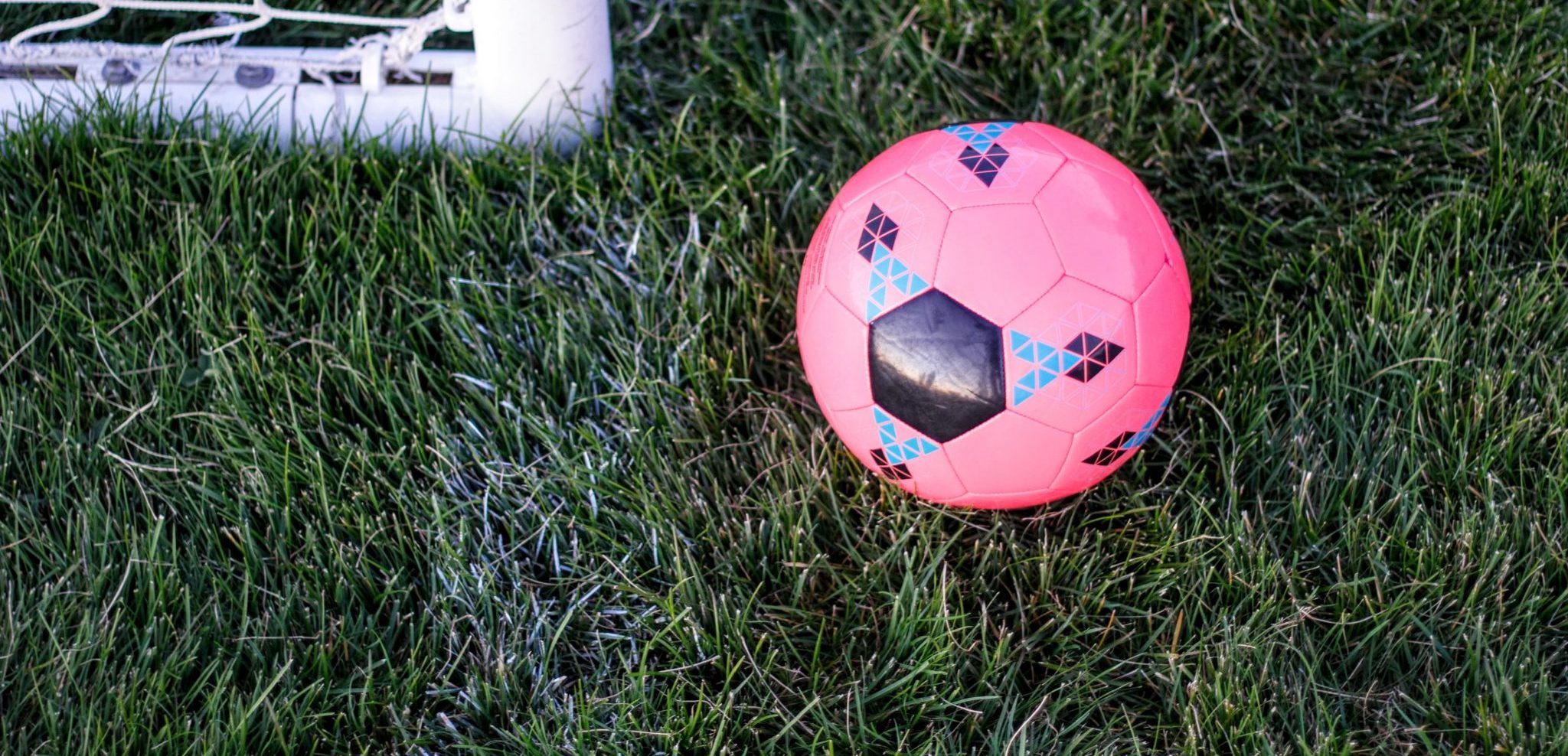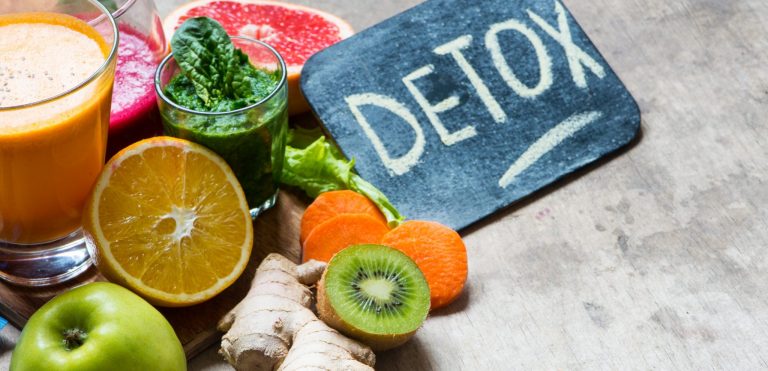Soccer is one of the most popular games of all times. And who, if not soccer players, can better understand that proper nutrition is the cornerstone of outstanding athletic performance?
Think about it: sports industry is very successful. And due to intense competition and the magnitude of gains and losses at stake, sports nutrition has always been two steps ahead.
Should you want to fill the shoes of celebrity athletes, looking into their nutrition for soccer players may be worth your while.
I chose this very diet because soccer athletes prove once and for all that extreme fad diets are not something you want to try. Generally, the diet they stick to has nothing to do with insane restrictions and deprivations. Quite the opposite - it offers a broad spectrum of choices.
Soccer players always bring along a professional nutritionist whose job is to make sure the athletes get proper amount of nutrients and minerals, proteins, healthy carbs and fats. All the things that make them stronger, faster and healthier. As well as they thoughtfully keep the team away from harmful chemicals, GMO and other products that may cause inflammation.
So here is a nutrition guide for athletic diet of soccer players:
Food intake
Proper foods have the power to recharge your body for athletics and not just. By eating at the right time and the right food we reduce body fat, become healthier and more confident. Undernourishment, on the other hand, means constant fatigue, short breath, weaker bones and joints. Hence, an increased risk of injuries and slow recovery.
5-time meals of soccer players usually look like this:
- Breakfast
- Lunch
- Pre-match meals
- Dinner
- Evening snacks
Pre-match meal is the fuel for the entire game. The menu before the game needs to be well thought-out because no one can afford indigestion before the big game. And for sure you don’t want that before your workout either.
Food temperature
Especially when it comes to pasta, soup, rice, meat and poultry, meals can’t be served either too cold or too hot. Neither is good for digestion.
Cooking methods
Boiling, steam cooking, baking, grilling are the most preferred and by far the healthiest cooking methods.
A word about frying
If there’s no way around frying, minimum amounts of olive or coconut oil should be used. No sunflower oil or any type of shortening is recommended.
Unhealthy fats
Fatty foods should be avoided altogether.
Spices
All the spices and herbs for flavoring should be natural and fresh.
Baked products
It’s important to have a variety of multigrain baked goods on the table. Walnut bread, spelt bread, black and white buns, bread with rosemary or sesame – the wider the choice the better.
Sauces
All the sauces and dressings need to be prepared from natural ingredients, without any additives.
Eggs & Dairy, Meat & Fish
Eggs, meat and dairy should be only organic and must come from free-range animals. The same goes for the fish. Farm-raised fish contains toxic pollutants, meanwhile wild-caught fish has a bunch of health benefits.
Fruits and vegetables
Seasonal fruits and vegetables is a must since they are better nourished by the sun and soil and have richer taste and flavor than their ‘brothers and sisters’ raised in captivity.
Carbs intake
Healthy carbs like whole grains, legumes, starchy fruits and vegetables (potato, bananas, peas) shouldn’t be avoided. Meals high in complex carbohydrates keep you nourished and energized.
Protein
Protein is the bread and butter of athletes. Nutritionists would advise you to add proteins to every meal. It’s much more effective to spread your protein consumption throughout the day since your body absorbs only 1 to 10 grams of protein every hour.
High protein foods include eggs, almonds, lentils, Greek yogurt, salmon, tuna, turkey, oatmeal, chicken, beef, cottage cheese, beans, avocado, bananas.
Antioxidants
There is a secret to why athletes always add berries to their meals (especially cranberries, strawberries, blueberries, goji berries). Berries are naturally high in antioxidants which help remove harmful toxins from the body. But not only berries do that. Here are more examples of foods naturally rich in antioxidants: apples, onions, broccoli, dark chocolate, artichoke, pecans.
Fluids
Hydration is of top priority at all times. Without enough water athletes feel sluggish and get tired quickly. They steer clear of soda and even sports beverages.
Bonus: Coffee
To drink or not to drink? That is a tough one. Science has been back and forth, but a couple of things are certain: coffee increases energy level and stimulates metabolic rate. That’s why drinking coffee 30 minutes before the workout can actually be good for your endurance and help you outdo your yesterday’s performance.
So even if you’re not looking for athletic fame and glory, think about the above ‘soccer nutrition tips’ as the reference to your everyday workout routine. And if soccer is not something that speaks to you, look into the nutrition of the athletes whose bodies and lifestyle you admire and learn more about their meal plans.



